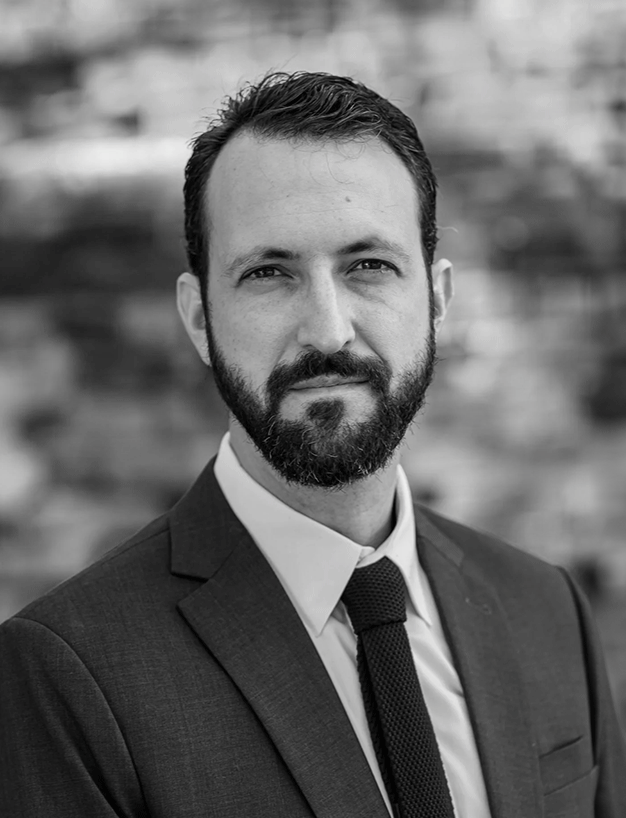
Most & Associates defends civil rights, challenges discrimination and abuse of power, and protects free speech and disability rights.
With a proven record of success, we stand with workers, students, patients, prisoners, and communities seeking justice.

Experienced. Accomplished. Relentless.
Our attorneys and staff bring a wide range of expertise to fight for every client.
What clients and opposing counsel say about our representation





